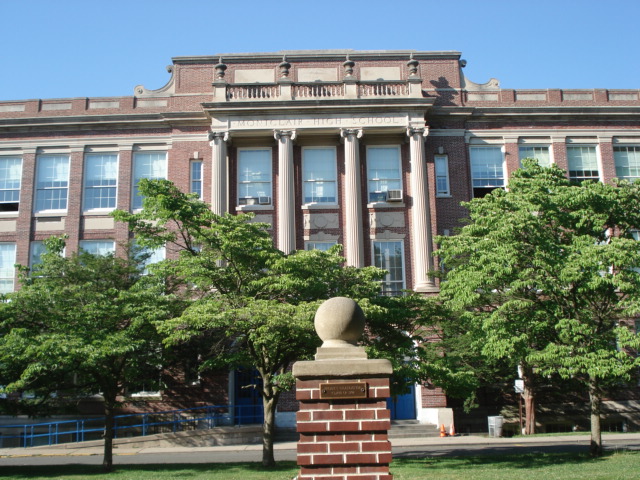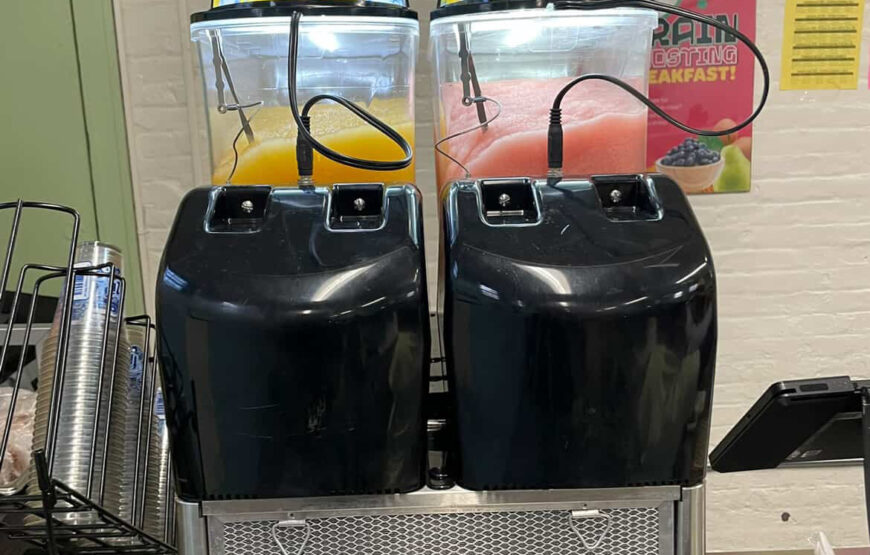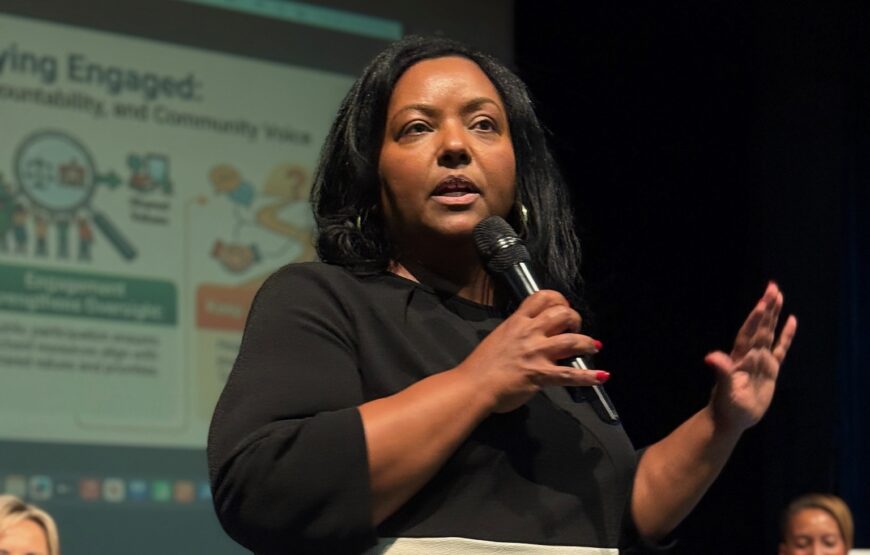On Tuesday night, Montclair’s Board of Education set in motion what may be the most consequential local vote in years. By approving a special election for December 9, the Board handed the community a stark choice: raise taxes to preserve staff and programs, or reject the measures and brace for deep cuts that could alter the fabric of the town’s public schools.
The clearest picture of those futures comes from Superintendent Ruth B. Turner’s presentation. It details what would happen if the ballot questions fail.
According to Turner, rejecting the proposed tax increases would force the district to cut deeply into its staff, programs, and infrastructure.
What Could Be Cut
If voters reject both ballot questions in December, the district says it would have no choice but to:
- Eliminate more than 100 staff positions, including teachers and instructional assistants
- Increase class sizes across every grade level
- Reduce building maintenance and school security, affecting the safety and upkeep of facilities
- Eliminate courtesy busing, a move that could effectively dismantle Montclair’s magnet school system that relies on student transportation
- Cancel extracurricular programs, sports, and clubs
- Reduce curricular offerings, including electives and enrichment
- Forgo a planned forensic audit and software upgrade, leaving the district’s outdated financial systems unchanged
As the slide makes clear, no area of school life would go untouched — from the classroom to the playing field to the buses that make Montclair’s magnet system possible.
How We Got Here
Montclair Public Schools is facing a two-year, $20 million deficit, spanning both the 2024–2025 and 2025–2026 school years.
To address the shortfall, the Board voted to request a $13.6 million loan from the State of New Jersey and to place two tax levy questions on the December ballot:
- Question 1: Raise $12.6 million to cover the 2024–2025 deficit — a one-time property-tax increase estimated at roughly $1,117 for the average valued home for 2024–25.
- Question 2: Raise $7.6 million for the 2025–2026 budget — a $674 increase (and recurring) for the average valued home that would help maintain staffing, busing, and programs, while funding a forensic audit.
What’s Next
The special election will take place on Tuesday, December 9, from 4 to 8 p.m.
Superintendent Turner said the district will host community engagement sessions in the coming weeks to answer questions and explain what’s at stake.
“Should these drastic cuts be implemented,” she wrote in her letter to families, “our ability to provide every student with high-quality, creative, innovative, and challenging education will be greatly compromised.”
Editor’s Note (Updated After Dec. 18 BOE Meeting
At the December 18 Board of Education meeting, Superintendent Ruth B. Turner announced that if voters reject the tax increases in Question 1 or Question 2, the state will step in with “stopgap cash” — an advance on next year’s state aid — to prevent the district from collapsing financially.
This advance is not free money. Turner said it would mean about $2 million less in state aid every year until repaid, and would trigger the arrival of a state fiscal monitor with veto power over district spending, contracts, and hiring.
Turner also clarified that a “no” vote will no longer result in the drastic staffing cuts previously projected. She has asked the Board to bring back the district’s nursing staff, though not every position is expected to return. The district still faces a deep structural deficit, regardless of how voters decide.




